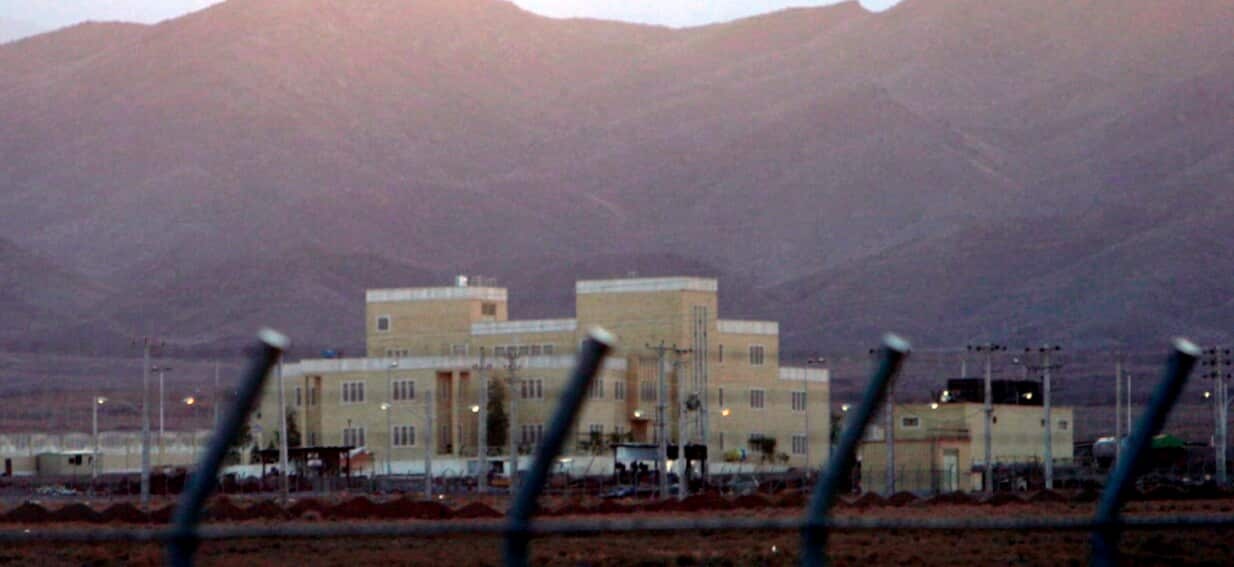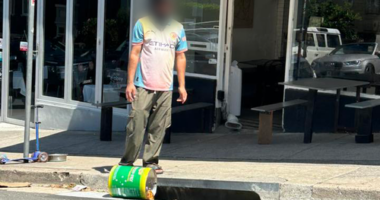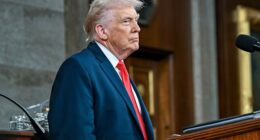Share this @internewscast.com

Iran’s Supreme Leader Ayatollah Ali Khamenei has consistently reiterated his 2003 religious decree prohibiting nuclear weapon development.
Contradictory reports on Iran’s nuclear plan
Intelligence estimates suggest it could take Iran up to three years to create a nuclear warhead capable of reaching a chosen target.
The enrichment question
Kaitlin Cook, a researcher from the Australian National University’s Department of Nuclear Physics, writes that while a nuclear weapon can be made with uranium enriched to 20 percent, countries with nuclear arsenals usually utilize uranium that’s enriched to about 90 percent.
“It could be that the regime is intending to pursue a nuclear weapon, or it could be that the regime is trying to strengthen its hand [for] when it does get back to the negotiating table.”
‘The first step towards the crisis’
As part of the deal, Iran agreed that for 15 years it would enrich uranium only up to 3.67 per cent.
“I guess that was the first step towards the crisis that we see Iran in now.”
Enrichment negotiations halted by Israeli strikes
During the negotiations, the Iranian foreign minister said his nation would not accept suspending uranium enrichment completely, something US officials have demanded.











